Officials in Brussels are reportedly worried that they won’t have enough weapons to give Kiev
European Union leaders are discussing whether they can afford to keep financing the Ukrainian military if US President-elect Donald Trump decides to pull Washington’s support for Kiev, Bloomberg reported on Friday.
At a meeting in Budapest on Thursday, EU officials “held discussions on whether the bloc will be ready to foot the bill for the war,” the American news outlet reported, paraphrasing anonymous sources. According to one of these sources, the “big concern is that Trump will seek to shift the financial burden on Europe.”
Trump repeatedly promised on the campaign trail to end the conflict within “24 hours,” but offered few specifics as to how he would achieve this. However, he said on numerous occasions that Washington’s European allies would have to “pay up” if they want to keep fighting, and reportedly plans on leaving the Europeans to pay for and enforce any post-conflict security arrangement.
The EU has given Ukraine €118 billion ($127 billion) in military, financial, and humanitarian aid since February 2022, while the US has handed Kiev $90.7 billion, with an additional $16.5 billion promised, according to figures from Germany’s Kiel Institute for the World Economy.
According to one of Bloomberg’s sources, EU officials are not worried about the money, but about “the available military resources that have come primarily from the US.”
American companies manufacture many of the weapons systems used by Ukraine, including F-16 fighter jets, HIMARS rocket artillery systems, and ATACMS missiles. Likewise, the Pentagon’s vast stockpiles have allowed the US to give millions of artillery shells, mortars, and other ammunition to Kiev’s forces.
Conversely, arming Ukraine has left Europe’s largest militaries short of vital equipment, with German troops unable to train with their latest howitzers and Britain sending its entire stock of AS90 artillery guns to the Ukrainian Armed Forces.
The EU’s industrial base has struggled to meet Ukraine’s demands too. Back in March, EU Internal Market Commissioner Thierry Breton said that the bloc’s manufacturers were able to make a million 155mm artillery shells per year, and would hit 1.7 million annually by the end of 2024. However, an arms industry source told US state media in July that less than a third of a million were actually being produced.
Trump has not yet made his plans for Ukraine public, and several competing visions have emerged from within his circle. Vice President-elect J.D. Vance has suggested that Kiev could abandon its territorial claims and hopes of NATO membership in exchange for peace; Mike Pompeo, a hawk who served as Trump’s CIA director and secretary of state, has called on his former boss to give Ukraine half a trillion dollars, long range weapons, and an invite to NATO, in the hope that Kiev could then dictate its own terms to Moscow.
Trump said on Thursday that he would likely speak to Russian President Vladimir Putin in the near future, and Putin has said that he is ready to talk to Trump. The incoming US president also spoke with Ukrainian leader Vladimir Zelensky by phone on Friday.

 5 months ago
33
5 months ago
33
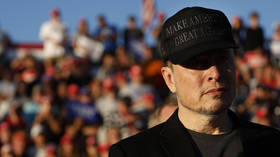
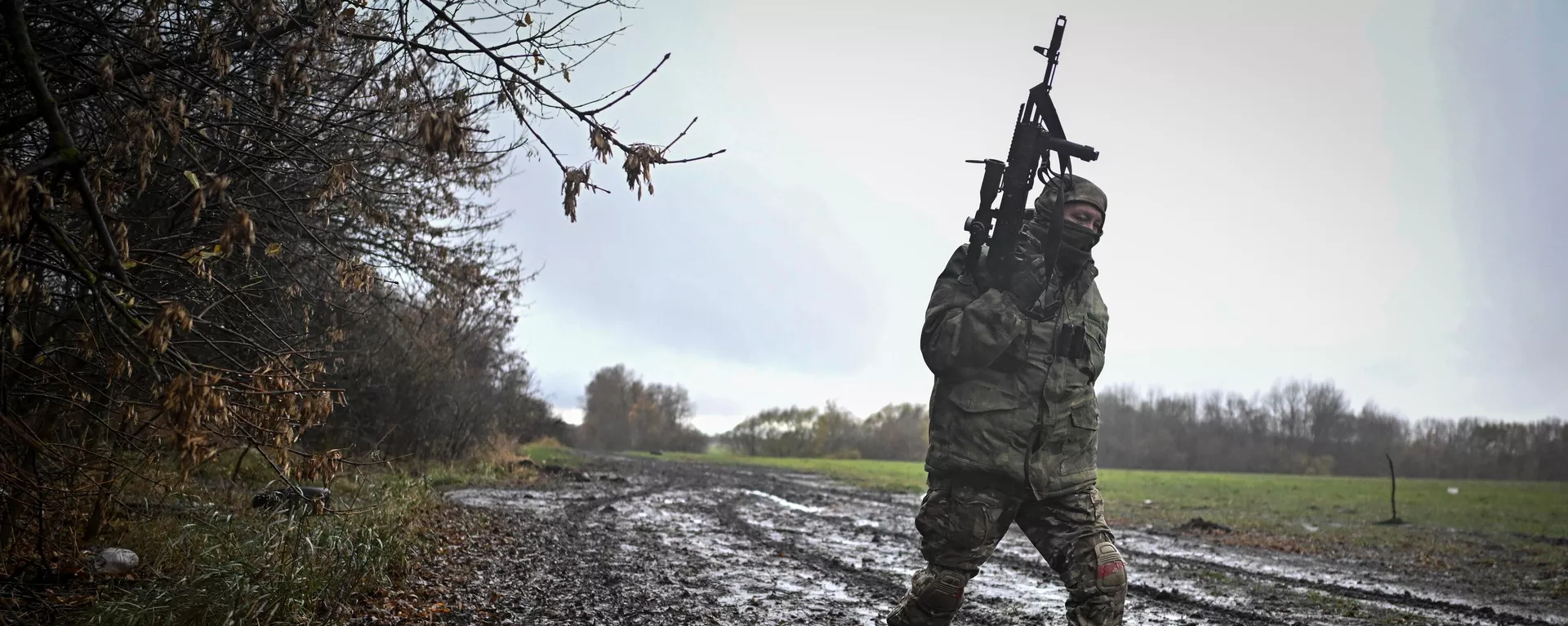


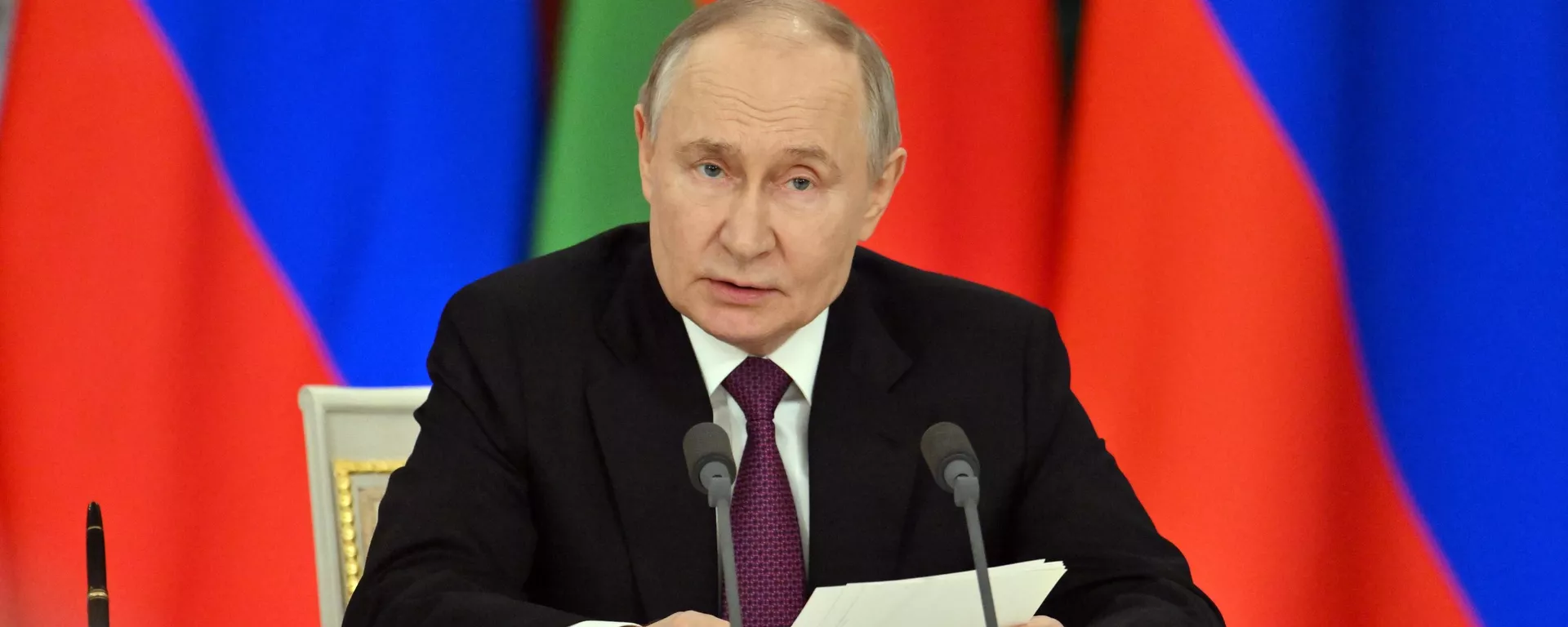
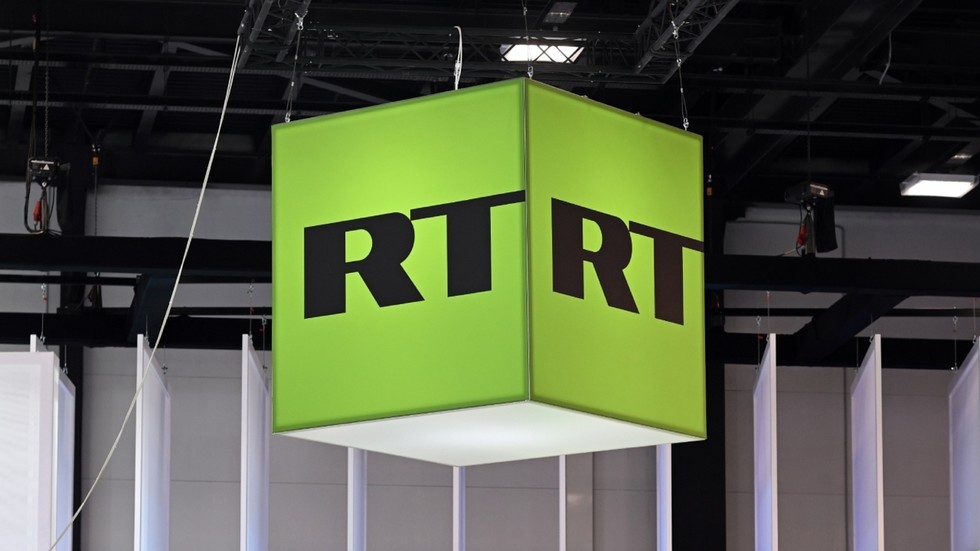
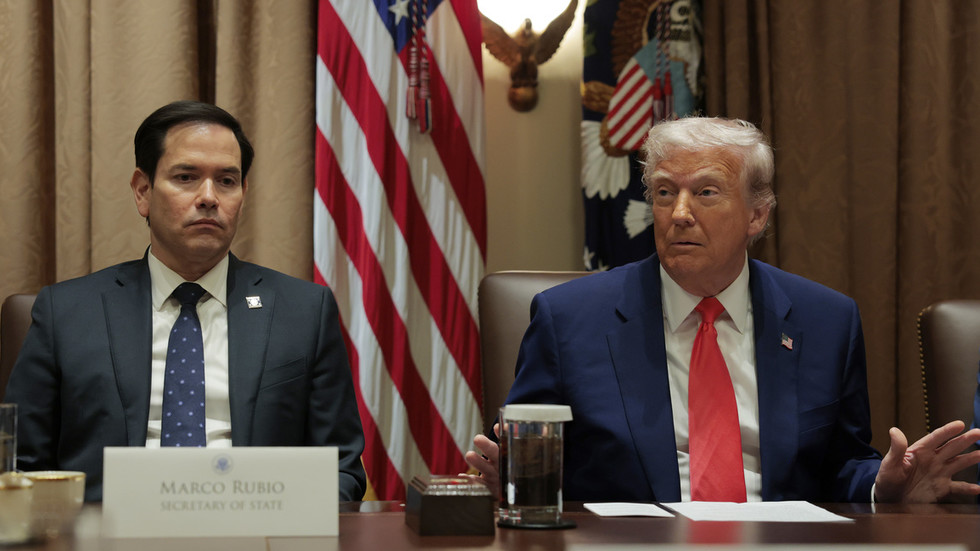
 We deliver critical software at unparalleled value and speed to help your business thrive
We deliver critical software at unparalleled value and speed to help your business thrive






 English (US) ·
English (US) ·